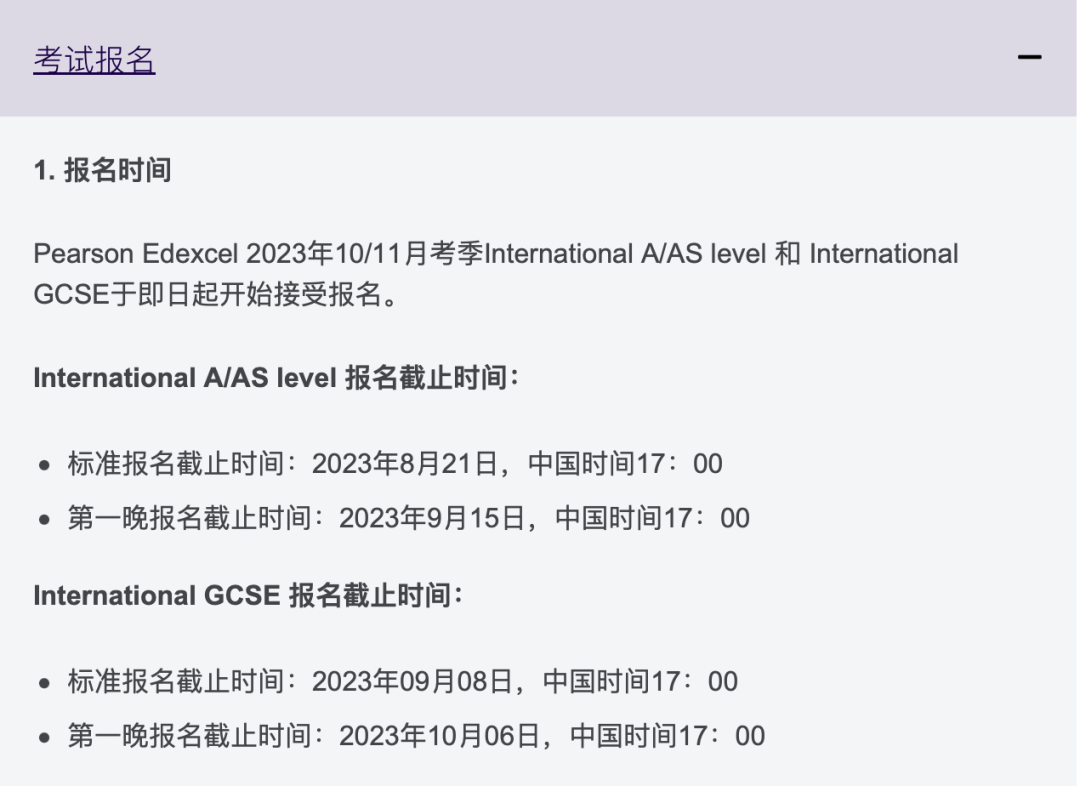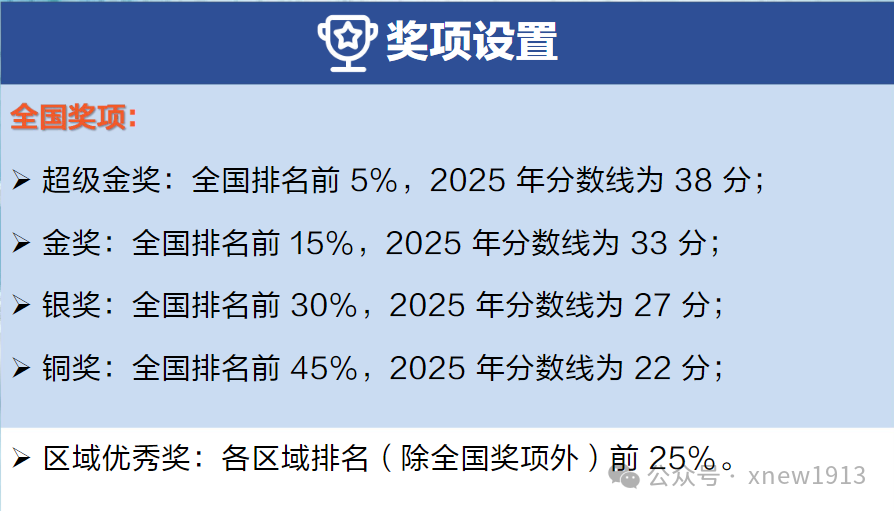我们在上一期的干货中,向大家说明了如何有效地做出自己的立论发言(Constructive Speech)。
今天的干货小课堂是在即兴辩论和公共论坛式辩论的Cross examination和crossfire环节如何有效地对对手问出问题。
特别是在WSDA Junior即兴辩论中,如何在一分钟的有限时间里如何有效提出问题是一个非常值得探讨的问题。
与此同时公共论坛式辩论里面的crossfire 环节也可以使用这些技巧,来避免整个轮次的混乱。
老师给大家highlight重点,文章最后有对Junior Sample cases的sample问题供大家参考哦!
因为时间有限,选手需要确保自己的问题能够精确、清晰地挑战对手并引起裁判注意。
在一场辩论比赛中向对手提出有效的问题至关重要,原因有几个。它可以帮助你澄清对方的论点,发现对方立场的弱点,并说服裁判。
01.清晰简洁
提出易于理解且简明扼要的问题。避免含糊不清或过于复杂的问题,以免让对手和裁判感到困惑。
例子君上线!🌰
Example: "Could you please explain your stance on the economic impact of the proposed tax policy in simple terms?"
Explanation: This question is straightforward and asks for a clear explanation, making it easy for both the opponent and the judge to understand.
例如 "请你用简洁的语言解释你对拟议税收政策的经济影响的立场。"
解释:这个问题直截了当,要求解释清楚,使对手和裁判都容易理解。
02.突出重点
找出对手论点中最关键的方面,并围绕这些要点进行提问。这有助于你抓住问题的核心,避免偏离话题。
例子君上线!🌰
Example: "One of the central issues in this debate is healthcare affordability. How does your proposed policy specifically address this concern?"
Explanation: This question directs attention to a critical aspect of the debate, ensuring that the opponent addresses a core topic.
举例说明:"本次辩论的核心问题之一是医疗保健的可负担性。你提出的政策是如何具体解决这一问题的?
解释:这个问题将注意力引向辩论的一个关键方面,确保对手解决一个核心问题
03.使用开放式问题
提出开放式问题,而不是简单地回答 "是 "或 "不是"。这样可以鼓励你的对手提供详细的回答,从而揭示其论点的弱点。
例子君上线!🌰
Example: "Can you elaborate on the potential consequences of your immigration policy, both positive and negative?"
Explanation: This open-ended question encourages the opponent to provide a comprehensive response, enabling a deeper exploration of the issue.
例如 "你能详细说明你的移民政策可能产生的积极和消极后果吗?
说明:这个开放式问题鼓励对方做出全面的回答,从而对问题进行更深入的探讨。
04.避免引导性问题
注意不要提出暗示特定答案或假定某种立场的问题。引导性问题会让人觉得有偏见,可能不会受到裁判的欢迎。
例子君上线!🌰
Example: "Do you agree that your policy is misguided?"
Explanation: This question assumes a negative stance and is likely to be seen as biased, potentially alienating the audience and your opponent.
例如 "你是否同意你的政策是被误导的?
解释:这个问题假定了一种消极的立场,很可能被视为带有偏见,有可能疏远裁判和你的对手。
05.使用苏格拉底法
苏格拉底方法包括提出一系列问题,引导对方得出合乎逻辑的结论,或揭示对方论点中的矛盾之处。这是一种让对手参与深思讨论的有效方法。
例子君上线!🌰
Example: "How does your proposal align with the principles of individual liberty and personal responsibility that you mentioned earlier?"
Explanation: This question encourages the opponent to reflect on their own argument and potentially reveal any inconsistencies or contradictions.
例如:"你的提案如何与你之前提到的个人自由和个人责任原则保持一致?
解释:这个问题鼓励对方反思自己的论点,并可能揭示出任何不一致或矛盾之处。
06.保持冷静和尊重
提问时保持尊重和冷静的态度。避免使用对抗性或攻击性语言,因为这会让对手产生防卫心理,阻碍富有成效的讨论。
例子君上线!🌰
Example: "I understand your perspective, but I'm curious about how you address concerns regarding environmental sustainability in your plan."
Explanation: This question maintains a respectful tone, promoting a more productive and civil debate atmosphere.
例如:"我理解你的观点,但我很好奇你在计划中是如何解决环境可持续性方面的问题的。
解释:这个问题保持了一种尊重的语气,促进了更富有成效和文明的辩论氛围。
07.认真倾听
密切关注对手的回答。他们的回答可能会为你提供追问的机会,或者揭示他们论点中的矛盾之处。
例子君上线!🌰
Example: "You mentioned that your policy would reduce unemployment. Could you provide specific data or studies supporting this claim?"
Explanation: This question demonstrates active listening and seeks evidence to evaluate the validity of the opponent's argument.
举例 "你提到你的政策会降低失业率。你能提供支持这一说法的具体数据或研究吗?
解释:这个问题体现了积极倾听,并寻求证据来评估对方论点的正确性。
08.要求证据和例子
要求对方提供具体的证据或例子来支持其主张。这可以帮助你评估对方论点的有效性,以及是否基于合理的推理。
例子君上线!🌰
Example: "Can you share real-world examples of countries where a similar policy has succeeded as you suggest it will?"
Explanation: This question challenges the opponent to provide concrete evidence, enhancing the credibility of their argument.
例如 "你能分享一下现实世界中类似政策取得成功的国家的例子吗?
解释:这个问题要求对方提供具体的证据,从而提高其论点的可信度。
09.少用反问句
虽然反问可以很有力,但在辩论中要少用。过度使用可能会使你的问题显得不真诚或具有操纵性。
例子君上线!🌰
Example: "Isn't it true that your proposal would lead to economic disaster?"
Explanation: While rhetorical questions can be used for emphasis, this example should be used sparingly as it implies a negative judgment without seeking a genuine response.
例如:"你的提议不是会导致经济灾难吗?"
说明:虽然反问可以用来强调,但这个例子应该慎用,因为它暗示了一种负面的判断,而没有寻求真正的回应。
010.紧扣主题
紧扣辩论的主要问题,避免被无关的话题牵着鼻子走。将问题集中在对手提出的核心论点上。
例子君上线!🌰
Example: "Let's refocus on the main issue of healthcare reform. How does your plan address the rising costs of medical treatments?"
Explanation: This question prevents the discussion from straying off-topic, ensuring a meaningful debate.
举例 "让我们重新关注医疗改革的主要问题。你的计划如何解决医疗费用上涨的问题?
解释:这个问题可以防止讨论偏离主题,确保辩论有意义。
011.做好准备
预测对手可能的反应,并准备好后续问题。这表明你对主题的了解以及你对深入讨论的承诺。
例子君上线!🌰
Example: "I anticipate that you might argue X, but how would you respond to the criticism that X has failed in the past?"
Explanation: This question shows you've considered possible responses and are ready to engage with counterarguments.
例如 "我预计你可能会争论 X,但你会如何回应 X 在过去失败的批评呢?
解释:这个问题表明你已经考虑了可能的回应,并准备好参与反驳。
012.紧扣主题
紧扣辩论的主要问题,避免被无关的话题牵着鼻子走。将问题集中在对手提出的核心论点上。
例子君上线!🌰
Example: "It seems we're not making progress on this point. Can we shift our focus to a different aspect of the topic?"
Explanation: This question acknowledges when a particular line of questioning isn't productive and suggests a change in direction.
例如 "看来我们在这一点上没有取得进展。我们能把重点转移到话题的另一个方面吗?
解释:当某一特定的提问方式没有效果时,这个问题就会出现,并建议改变方向。
013.根据需要调整
提问时要灵活。如果你注意到某一特定的提问方式没有取得成效,就应该调整你的策略。
例子君上线!🌰
Example: "It seems we're not making progress on this point. Can we shift our focus to a different aspect of the topic?"
Explanation: This question acknowledges when a particular line of questioning isn't productive and suggests a change in direction.
例如 "看来我们在这一点上没有取得进展。我们能否将焦点转移到话题的另一个方面?
解释:当某一特定的提问方式没有效果时,这个问题就会出现,并建议改变方向。
Sample Questions Towards Pro Case
在这里提问的cases是上次文章划到结尾的sample cases
-
On your first Contention, Subpoint a: Health Care
-
"How do you address concerns about the potential drawbacks of relying too heavily on technology in healthcare, such as data security and privacy issues?"
-
-
On your first Contention, Subpoint b: Education
-
"While technology may have increased access to education, how do you ensure the quality of online courses and the effectiveness of online learning?"
-
"Are there any studies or statistics that demonstrate a direct correlation between technology-driven education and improved long-term employment prospects?"
-
-
On your Subpoint c Safety:
-
"What evidence do you have that shows the direct impact of technology on reducing accidents in transportation?"
-
"Could you address concerns about overreliance on technology in home security systems and the potential risks of hacking or technical malfunctions?"
-
-
On your second contention, Convenience:
-
"While technology certainly provides convenience, could you discuss the potential downsides, such as screen addiction or reduced face-to-face social interactions?"
-
"How do you respond to the argument that increasing convenience through technology can lead to environmental concerns, such as excessive energy consumption?"
-
-
Overall Impact:
-
"What about individuals who may not have access to technology or struggle to adapt to rapid technological changes? How does this affect their quality of life?"
-
-
Balancing Act:
-
"Is it possible that the benefits of technology could be outweighed by potential negative consequences, and how do we strike a balance?"
-
"Are there certain areas where you believe technology may have had a negative impact on quality of life, and if so, how can we address those concerns?"
-
希望大家认真复习
以上就是我们今日干货啦!大家可以努力准备起来新赛季!
记得报名,适当的时间线逼近会提高备赛效率!












